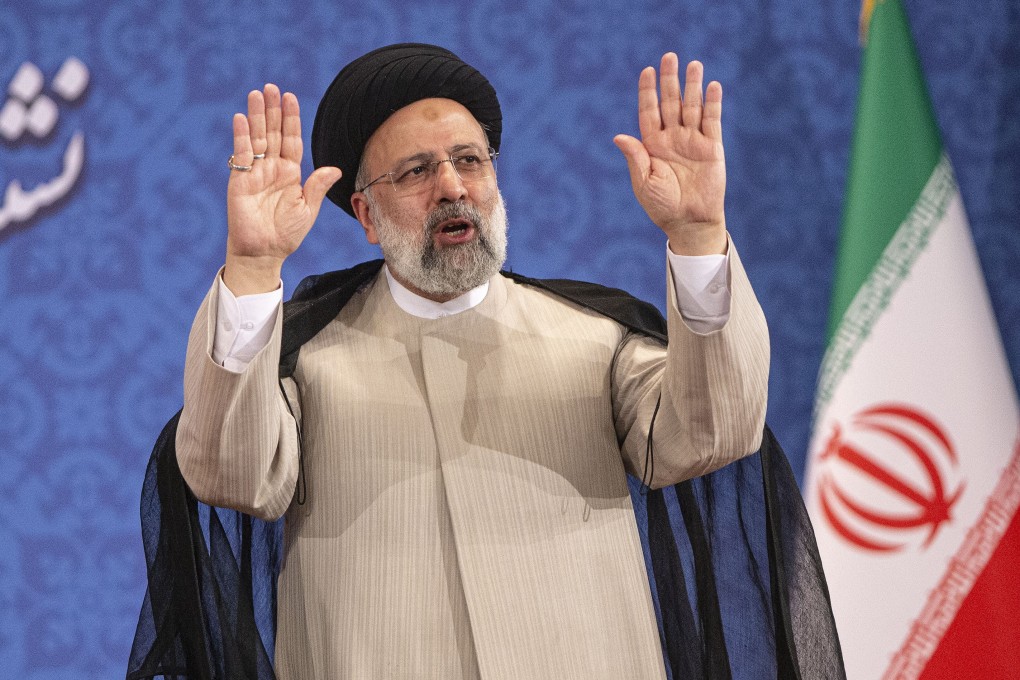China-Iran relations: Xi Jinping congratulates new president Ebrahim Raisi under shadow of nuclear deal talks
- Hardliner says Iran will continue to work hard on relationship and ‘push for a friendly development of the relations’ with its top trading partner
- Beijing expected to stay cautious over economic ties with Tehran, even if sanctions are eased

“I attach great importance to the development of China-Iran relations,” Xi said, according to an official statement. China’s president said he hoped to work with Raisi to solidify mutual political trust and deepen strategic communication and cooperation.
During a press conference after he won the presidency, Raisi said he had high expectations for the development of relations with China, which has been giving Tehran political backing over the past two years.
“We have a good bilateral relationship at the moment, and it has a lot of potential to develop further. Iran will continue to work hard and develop such potential and push for a friendly development of relations,” Raisi said.
China, together with the US, Britain, France, Germany and Russia, signed the 2015 deal with Iran to ease sanctions in exchange for restricting Iran’s nuclear programme.